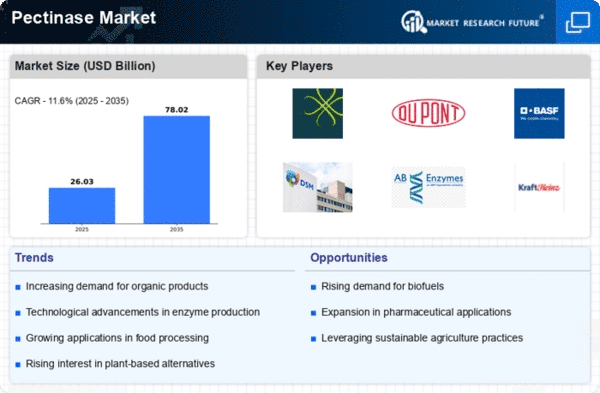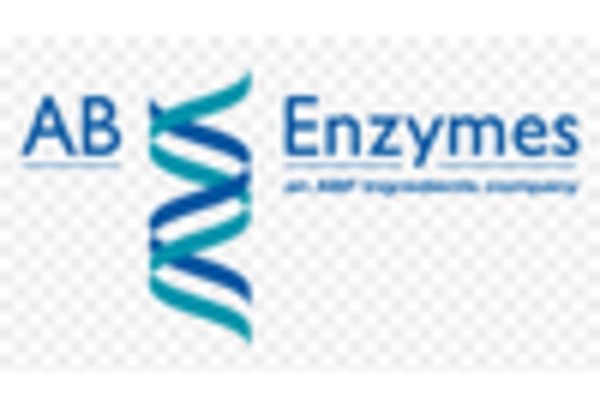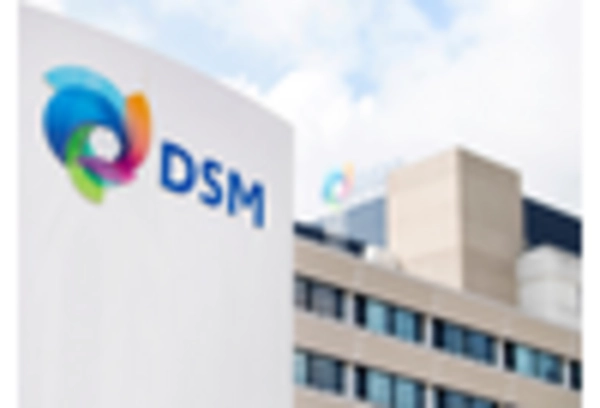Market Share
Pectinase Market Share Analysis
The Pectinase market is experiencing significant growth, thereby compelling firms to adopt several strategies of market share positioning in order to establish a strong presence. Differentiation arises as an outstanding strategy with companies focusing on the manufacture of novel and unique pectinases. Thus, investing in R&D enables such companies to come up with enzymes that are better performing, stable and versatile for different applications. This can enable them be seen as the leaders in the industry by providing special and top-quality products that attract manufacturers from food and beverage sector, textile industry or pharmacy who require improved pectinases for their operations.
Pricing strategy is very important when it comes to market share positioning within the Pectinase Market. Some organizations have decided to use competitive costing techniques where they sell their products at affordable prices without compromising on quality aspect. This method works best in markets where producers are sensitive about cost hence making cheap but effective pectinases attractive to a large customer base. Strategic pricing not only helps companies capture market share but also fosters long-term relationships with clients seeking reliable enzyme solutions.
In navigating through complexities related to Pectinase Market, strategic alliances and partnerships play a significant role. These companies often form partnerships with either food and beverage makers, textile processing firms or other industries to exploit shared resources, trade technical know-how and expand their distributions outlets. Collaborations also facilitate the customization of pectinase solutions for specific applications addressing the unique needs of different industries. By forming strategic partnerships, companies can enhance their market presence and stay at the forefront of advancements in enzyme technology.
Market segmentation is another key strategy where companies tailor their pectinase products to address specific needs of different industries or applications. Targeting allows customizing enzymes for applications such as fruit juice extraction, wine clarification and textile processing. Understanding then responding to manufacturers’ diverse wants across sectors will put these firms as experts which gives them some advantage and therefore maximize their market share in specific niches.
Effective marketing and promotional activities are crucial for market share positioning in the Pectinase Market. Creating awareness about the benefits of pectinase in industrial processes, showcasing successful case studies, and highlighting the features of products through educational campaigns can influence both manufacturers and decision-makers. Various channels like industry conferences, trade shows and digital platforms will enable different firms reach their target consumers thereby enhancing brand recognition and ultimately increasing market share.
Global expansion is a strategy embraced by many companies to tap into new markets and broaden their overall market share in the Pectinase Market. Identifying regions with high demand for industrial enzymes especially in developing countries that have growing food & beverage sectors helps organizations enlarge its customer base. However, successful global expansion requires a deep understanding of local regulations, cultural considerations, and industrial practices to ensure seamless market entry and sustained growth.


















Leave a Comment